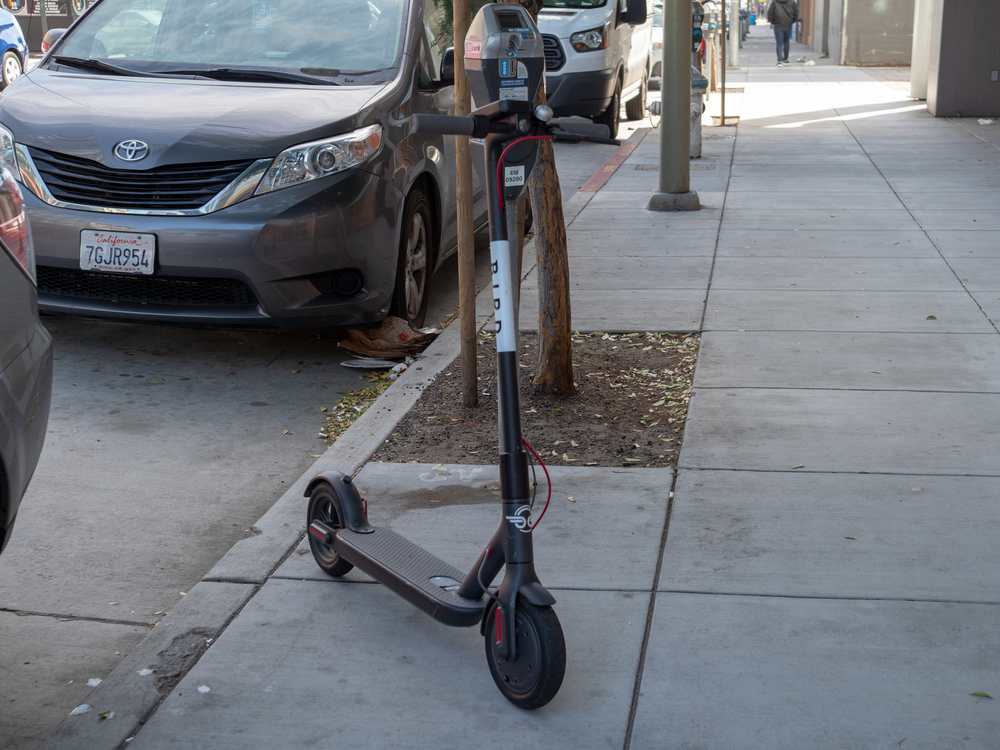
Multifamily E-scooter Policies
Have you noticed young people zipping around your city on electric scooters? You are not alone. Over the past 12 months, last mile electric scooters have exploded in popularity. While E-scooters are fun to ride, they are creating numerous questions for local governments, businesses, and properties. These include issues with riders on sidewalks, E-scooter parking, following traffic laws, and more.
As a result, multifamily property managers should consider creating an E-scooter policy. Additionally, the growth and popularity of E-scooters has been explosive. In Baltimore, there are as many as 1,400 E-scooters operating on a daily basis. Put simply, this is not a fade that is disappearing, so property managers will have to address the issue eventually.
How E-scooter’s Impact Property Managers
There are two primary ways E-scooters impact property managers. First, are they being used on your property? If the answer is yes, there need to be concerns over liability issues. While an umbrella insurance policy could cover an accident, property managers should double check with their insurance provider.
The second issue is with charging. Registered users collect nearby E-scooters, charge them overnight, then put them back on the street the next morning. In exchange, they are paid anywhere from $3.00 to $20.00 per E-scooter. This poses a major problem for property managers covering utilities in monthly rents. They can also attract people to the property in the early morning if residents place them outside after charging.
Developing E-scooter Policies
Property managers in urban areas would be smart to develop E-scooter policies as part of their overall parking policy. This can include rules about overnight charging and where they can be parked. Most importantly, property managers should recognize this trend is not going away.
Rather than fight against it, property managers can embrace it. Put signage outside street level entrances indicating where E-scooters can be parked. Another idea would be designating a parking space in the garage for E-scooters. This would allow property managers to market their E-scooter policies as a building amenity.
How Do They Work?
It is very easy to take an E-scooter ride. Using mobile apps, riders find a scooter nearby, then unlock it by scanning a bar code. Riders pay while using the scooter. When they are finished, they simply get off, lock it using the app, then leave it on the curb or up against a building. After registering in the app, riders pay a $1.00 fee to unlock the E-scooter, then pay $0.15 for each minute of use. The
While anyone can locate an E-scooter, there are requirements to ride. Riders must be at least 18, have a valid driver’s license, and have a credit card to pay for the service. In most places, rides are required to wear a helmet (although many ignore this rule) and follow local traffic laws.
Who Provides E-Scooters?
Currently, there are two major E-scooter companies, Bird and Lime. Launched just two months apart, both companies have exploded in popularity and value. Since July 2017, both companies have facilitated over 10 million rides. For comparison, it took the ride sharing company Lyft 15 months to provide 1 million rides. Both companies operate in 100+ cities, have significant venture capital support, and are currently valued at more than $1 billion.
Does your property already have an E-scooter policy? Facing other issues due to the E-scooter boom? Send the Property Manager Insider team an email telling us about your experience. We are always looking to help property managers address their challenges.
Need Help Finding Qualified Contractors?
Property managers can use BidSource to have our team find a contractor ready to assist with your next project. Share your project details using the form below and our team will be in touch with a qualified contractor!


